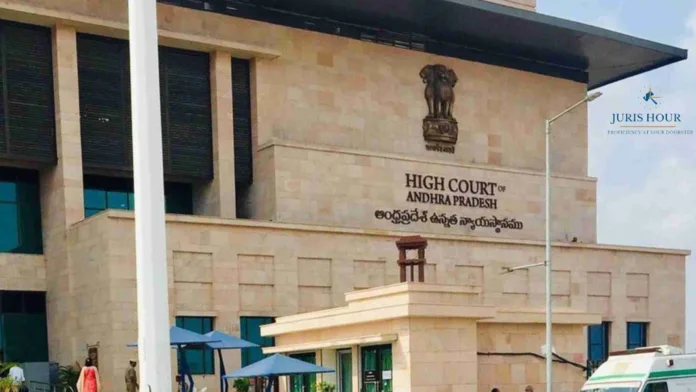The Andhra Pradesh High Court has held that Section 88 of CGST Act is inapplicable for recovery of central excise dues from directors of liquidated companies.
The bench of Justice R Raghunandan Rao and Dr Justice K Manmadha Rao has observed that Section 88(3) of the CGST Act, states that the tax, interest or penalty of a private company, which would being windup can be recovered from the directors of the company, subject to certain conditions, when such tax, penalty and interest is determined under the CGST Act. This can only mean that tax, penalty or interest which had been determined under the CGST Act, alone can be recovered from the directors of private company which are under liquidation, subject to the condition set out in Section 88(3) of the CGST Act.
The company, M/s. Kusalava Batteries Private Limited, had been liquidated. It appears that the taxes and the penalty levied against this company, could not be recovered during the liquidation process.
The department in all the Writ Petitions had issued notices to the petitioners, calling upon them to remit the amounts set out in the notices, on the ground that the petitioners are directors in the liquidated company and would be liable to pay the dues of such company, by virtue of Section 88 of the Central Goods and Services Tax, 2017 (CGST Act).
Two of the directors had been served with orders of personal liability of Rs.1,30,00,000.
The petitioners are the directors who have approached the Court by way of these Writ Petitions with the contention that the provisions of Section 88 of the CGST Act, would not be available to the authority for recovery of the dues of the liquidated company, relating to the Central Excise Act, 1944. There is no dispute that all the dues that are sought to be recovered, under the notices are dues which have arisen out of orders passed under the Act, 1944.
In all the cases, notices had been issued to the petitioners for recovery of the dues of the liquidated company, under the Act, 1944, as if the dues have been assessed or had arisen under the provisions of the CGST Act or the APGST Act. He would contend that reading of Section 88 along with Section 174 of the CGST Act, would make it ample clear that the recovery of such taxes can be carried out, under the provisions of the CGST Act, only in relation to taxes and amounts levied or assessed under the provisions of the CGST Act, alone. Section 174 (2)(e)&(f) stipulates that the dues under the Act, 1944 would have to be recovered by using the machinery available under the Act, 1944 only.
The department contended that the notices are not notices for recovery that are only notices issued for ascertaining whether there is any mis-reasons on the part of the petitioners, as directors of the liquidated private limited company and the submissions made before this Court and the very same will made before the authority.
The court allowed the Writ Petitions by setting aside the notices to the directors and leaving it open to the respondent-department to avail of the remedies as may be available for recovery of the amounts for which the petitioners may become liable.
Case Details
Case Title: Ravindra Muthavarapu Versus The Superintendent Of Central Tax and Others
Case No.: WRIT PETITION Nos.17995, 17997, 18001, 18018, 18019 & 18024 of 2024
Date: 9/04/2025
Counsel For Petitioner: Karan Talwar
Counsel For Respondent: Kunuku Durga Prasad
Read More: This Is Why Madhya Pradesh High Court Reduces Pre-Deposit From 25% To 10%

